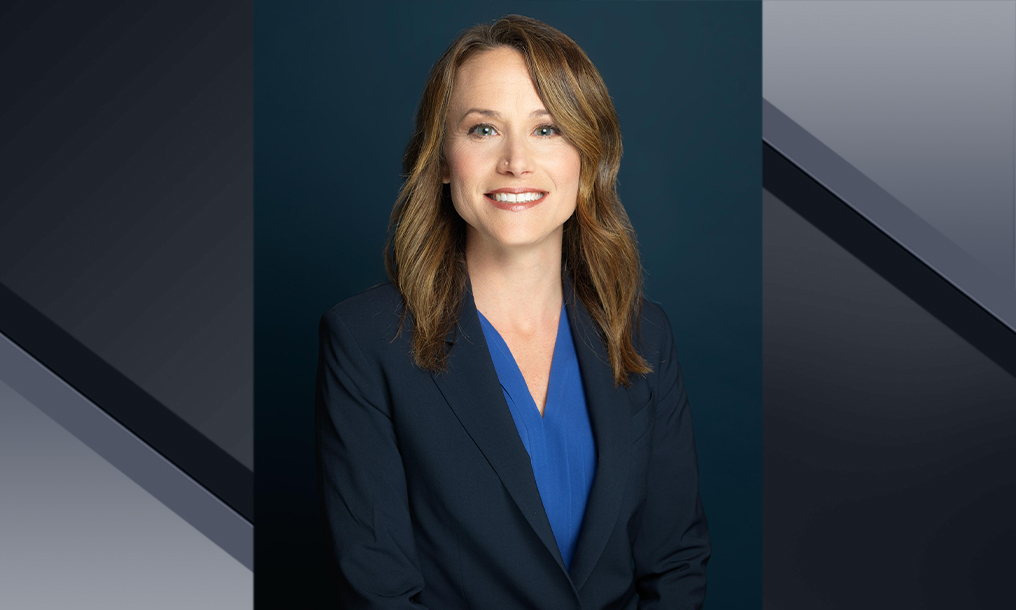What are some of your proudest recent achievements?
I am most proud when I am able to help a vulnerable client that might not otherwise be able to seek justice, and this past year our team was able to obtain significant victories in cases I filed on behalf of my clients. In one case, we achieved a settlement against a provider of cancer treatment services for allegedly carving up the market for cancer treatment with one of its competitors. In another, we achieved a nine-figure settlement against a major bank for adding unnecessary and duplicative insurance on auto-loan customers. In each of these cases, the cost of bringing a lawsuit individually would have been a deterrent to securing justice, but we were able to provide a recovery through a class action settlement.
Name a lawyer or mentor whose leadership inspired you.
I am inspired by Dovey Johnson Roundtree, an African American lawyer born into the Jim Crow South who, among an impressive list of wide-ranging firsts, was the first Black member of the Women’s Bar of the District of Columbia and the first lawyer to win a bus desegregation case before the Interstate Commerce Commission (years before Rosa Parks famously refused to cede her seat). Roundtree established a veritable reputation of winning the unwinnable cases, including the successful defense of a Black man accused of murdering a Washington socialite. Roundtree won the case before a white judge and jury at a time when she was not even allowed to use the courthouse cafeteria or restrooms. Roundtree made an indelible impact on the Civil Rights Movement and her mentorship guided numerous luminaries in the African American legal community, including Harvard Law’s Charles Ogletree. Her work is a reminder that a single person can truly make a difference and, in her own words, that “justice is older by far than the law and resides in people’s hearts.”
How are the business and profession of law changing, and how should lawyers adapt for the future?
As I respond to this question while in quarantine, I am most cognizant of the long-lasting impact of COVID-19 on the way we practice law. In particular, I think remote connectivity is here to stay. As we become more accustomed to working remotely and through video platforms, I expect we will be less likely to travel for short client meetings or court conferences. I also expect law firms to take up a smaller physical footprint, which will affect the way we design our offices over time. While this shift will increase our overall efficiency, lawyers will need to adapt to ensure virtual case teams feel connected and to assure clients that they are getting the same high-level of attention without in-person meetings.
What is the best advice for someone considering a career in law, or someone already in the profession who is seeking to make a greater impact?
Law is in many ways one of the most rewarding professions – it is intellectually challenging and victories are always satisfying. Yet, Clarence Darrow once purportedly said “an attorney must be prepared to be demanding, outrageous, irreverent, blasphemous, a rogue, a renegade, and a hated, isolated, and lonely person.” I have found myself personally identifying with Darrow’s cautionary words many times over my career. As a result, I try to encourage lawyers to find and pursue an area of the law that genuinely interests and motivates them, so that their passion carries them through the more challenging aspects of law that Darrow captured so well.
NOT FOR REPRINT
© 2024 ALM Global, LLC, All Rights Reserved. Request academic re-use from www.copyright.com. All other uses, submit a request to [email protected]. For more information visit Asset & Logo Licensing.


 Kellie Lerner
Kellie Lerner








